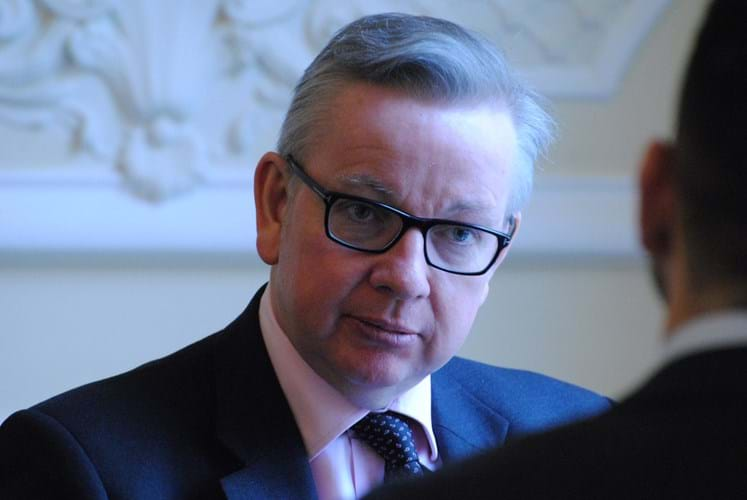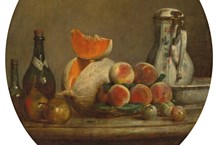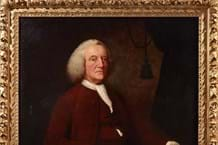
The Department for Environment, Food and Rural Affairs (Defra) unveiled its proposal for a ban on ivory in April.
The introduction of the bill in parliament after Prime Minister’s Questions today is the latest stage in the process for it to become law.
Once it is read out in parliament the clerk of the House of Commons will acknowledge it. This bill, a proposal for a new law, will later be presented for debate before both the House of Commons and the House of Lords. Following these debates, which take place over many months, it will eventually be passed into law.
Gove said: “We have acted quickly in introducing this bill, less than six weeks after publishing our consultation responses. I hope this serves as a clear sign of our global leadership on this vital issue.”
Gove said the progress of the bill will show the UK’s “global leadership” when the UK hosts the fourth international conference on the illegal wildlife trade in October.
As announced in April’s consultation response, the bill provides for “narrowly defined and carefully targeted exemptions” for items containing ivory.
These exemptions comprise:
- Items with only a small amount of ivory in them. Such items must be comprised of less than 10% ivory by volume and have been made prior to 1947
- Sales of musical instruments. These must have an ivory content of less than 20% and have been made prior to 1975
- The rarest and most important items of their type. Items of outstanding artistic, cultural or historic significance, and made prior to 1918. These items will be assessed by specialists at institutions such as the UK’s most prestigious museums
- Portrait miniatures. A specific exemption for portrait miniatures – often painted on thin slivers of ivory – made before 1918
- Sales to museums - commercial activities to, and between, museums which are accredited by Arts Council England, the Welsh Government, Museums and Galleries Scotland or the Northern Ireland Museums Council in the UK, or the International Council of Museums for museums outside the UK
The ban will cover ivory items of all ages – not only those produced after a certain date. The maximum available penalty for breaching the ban will be an unlimited fine or up to five years in jail.
ATG has compiled a guide to the UK Ivory Ban.





